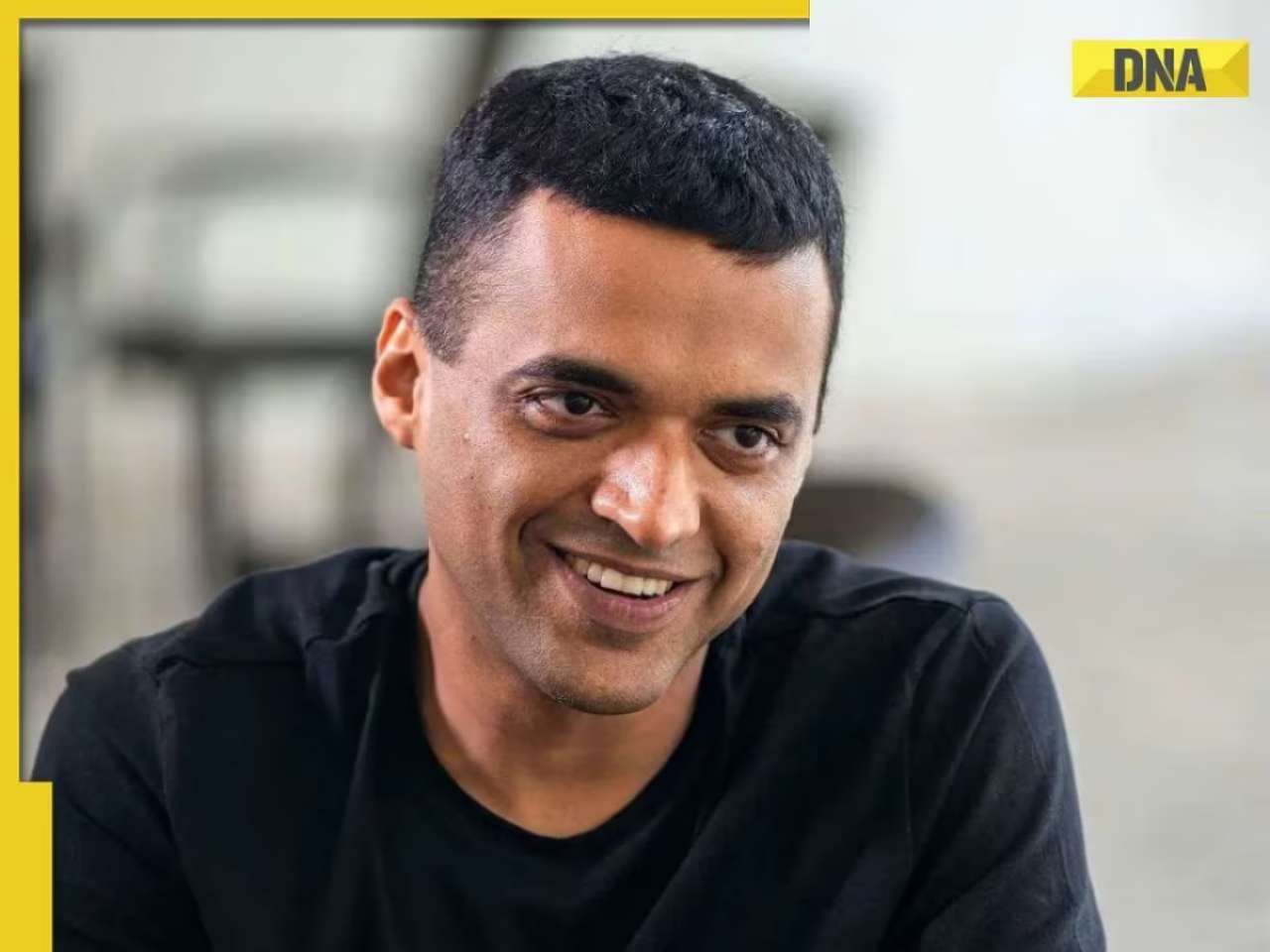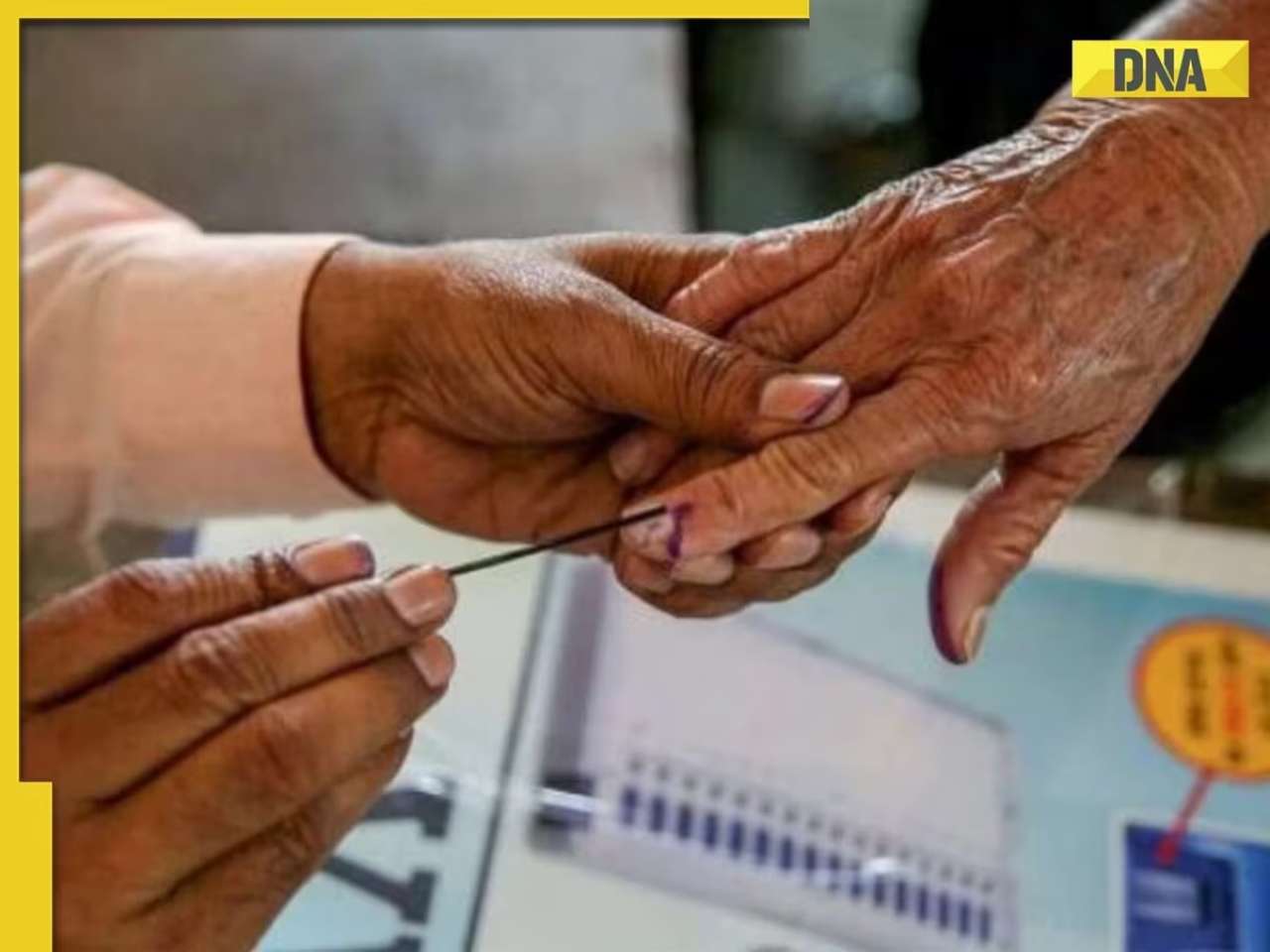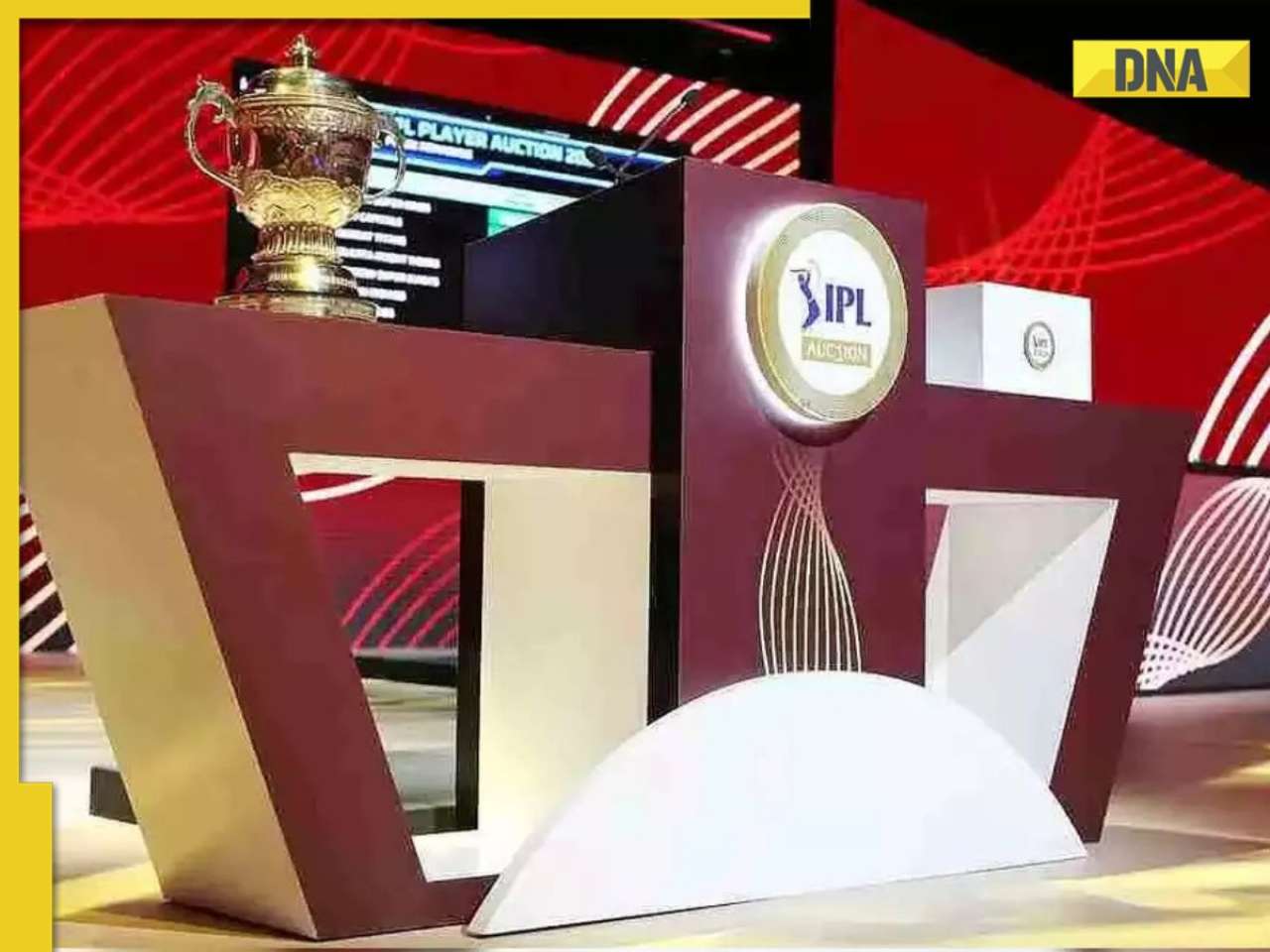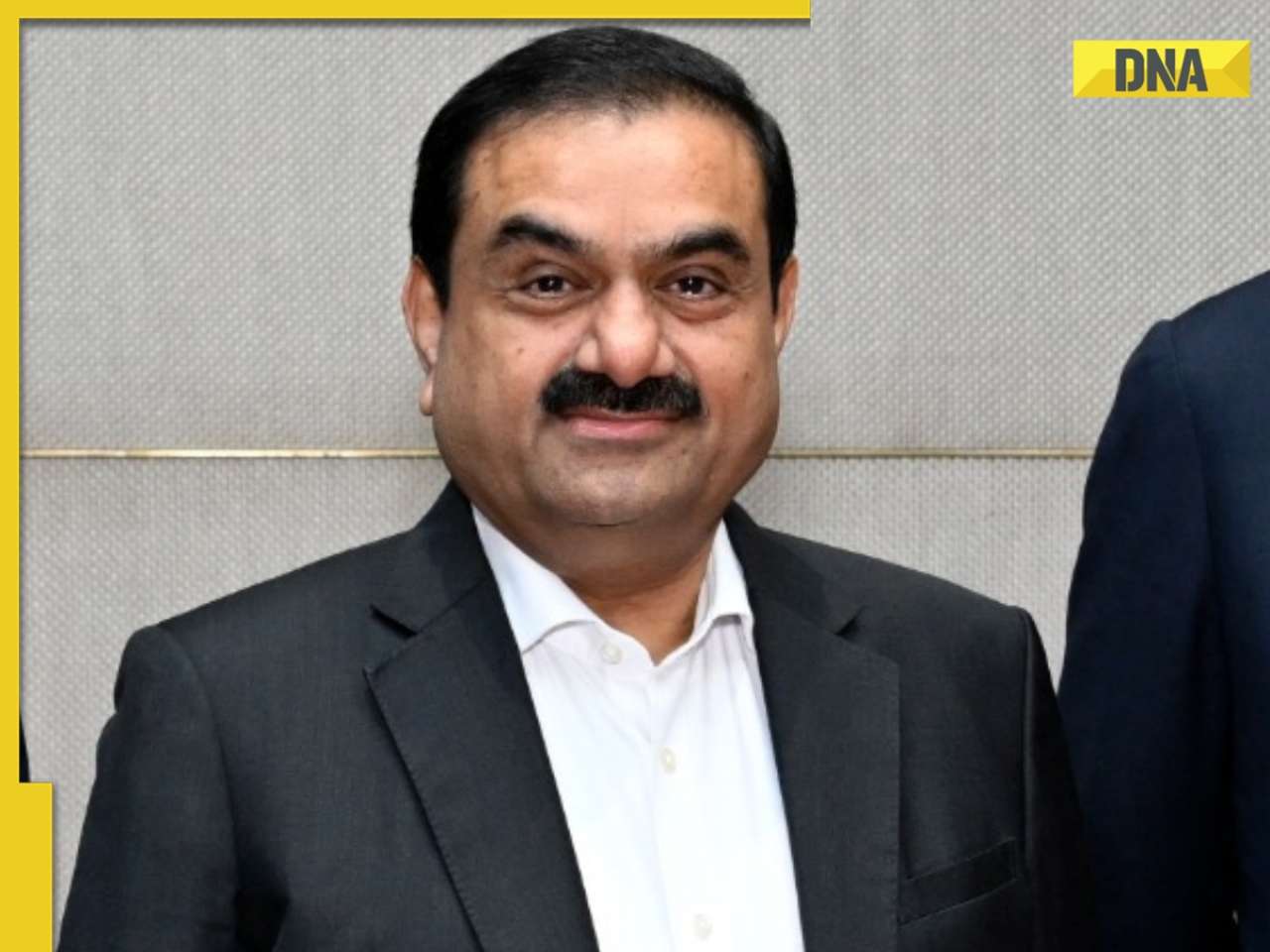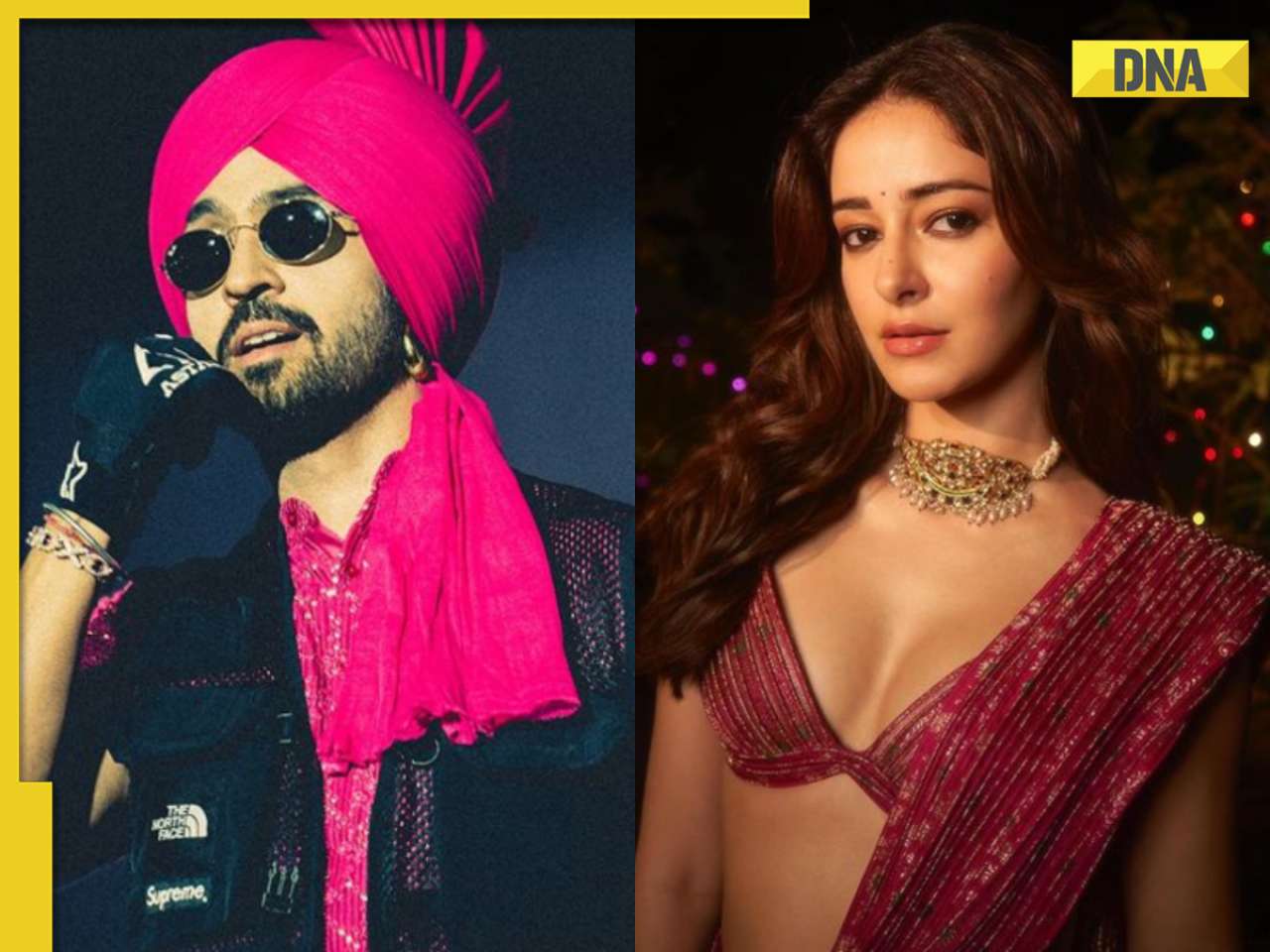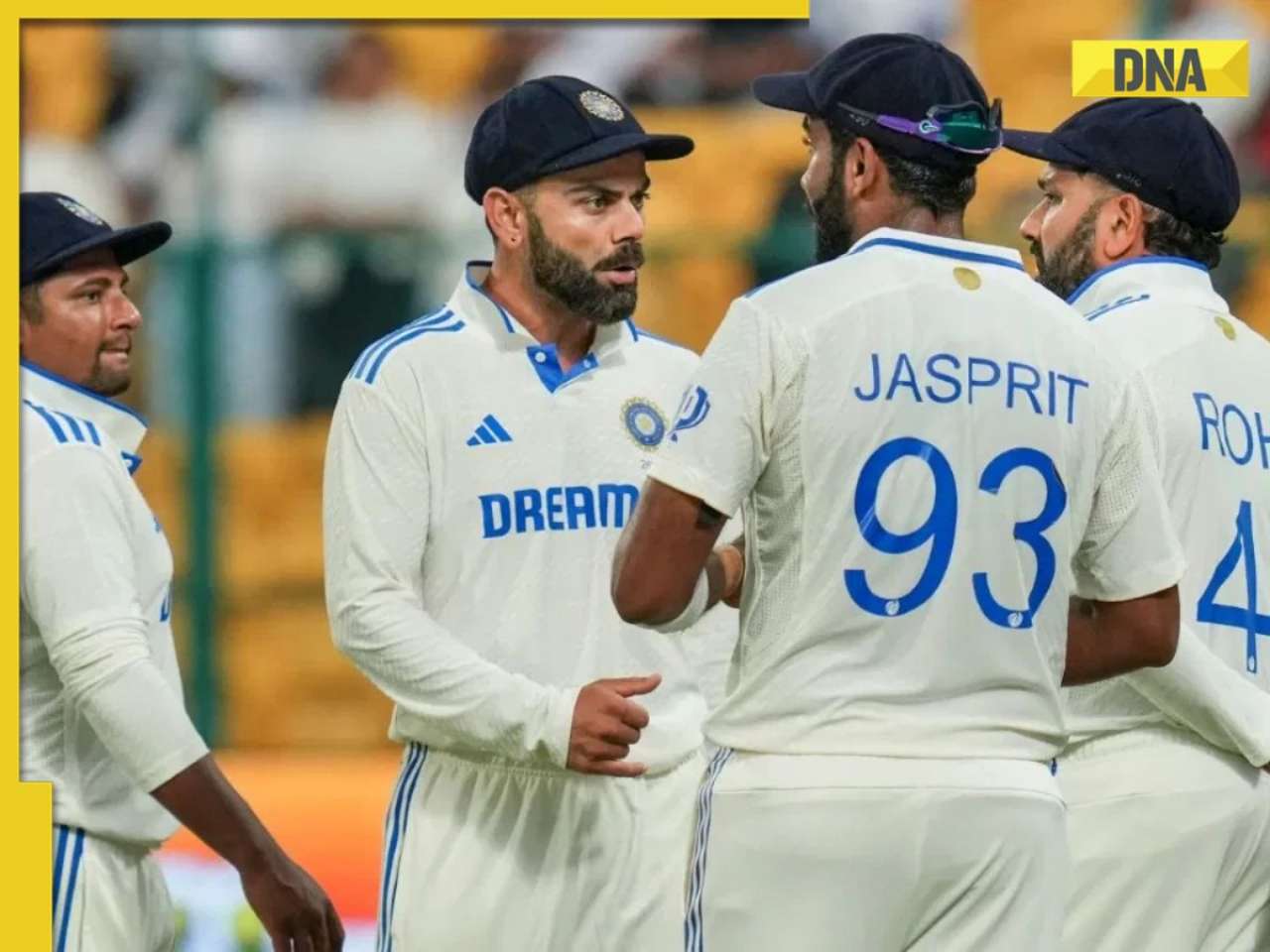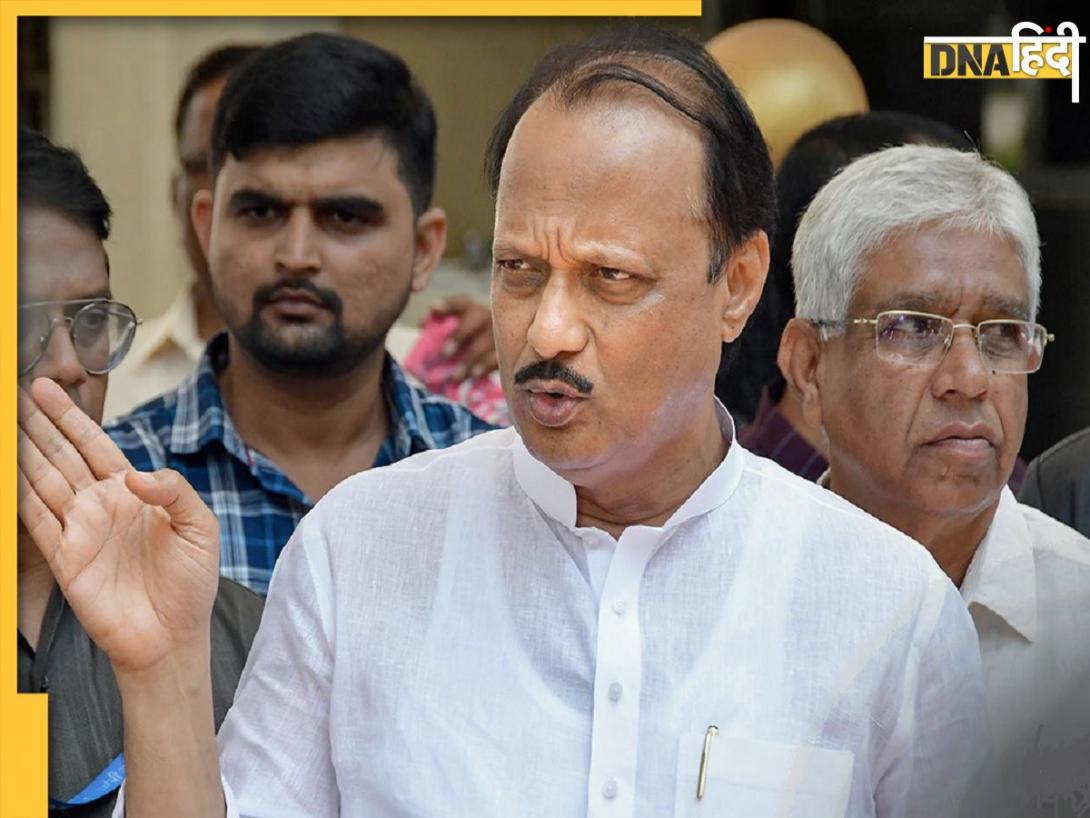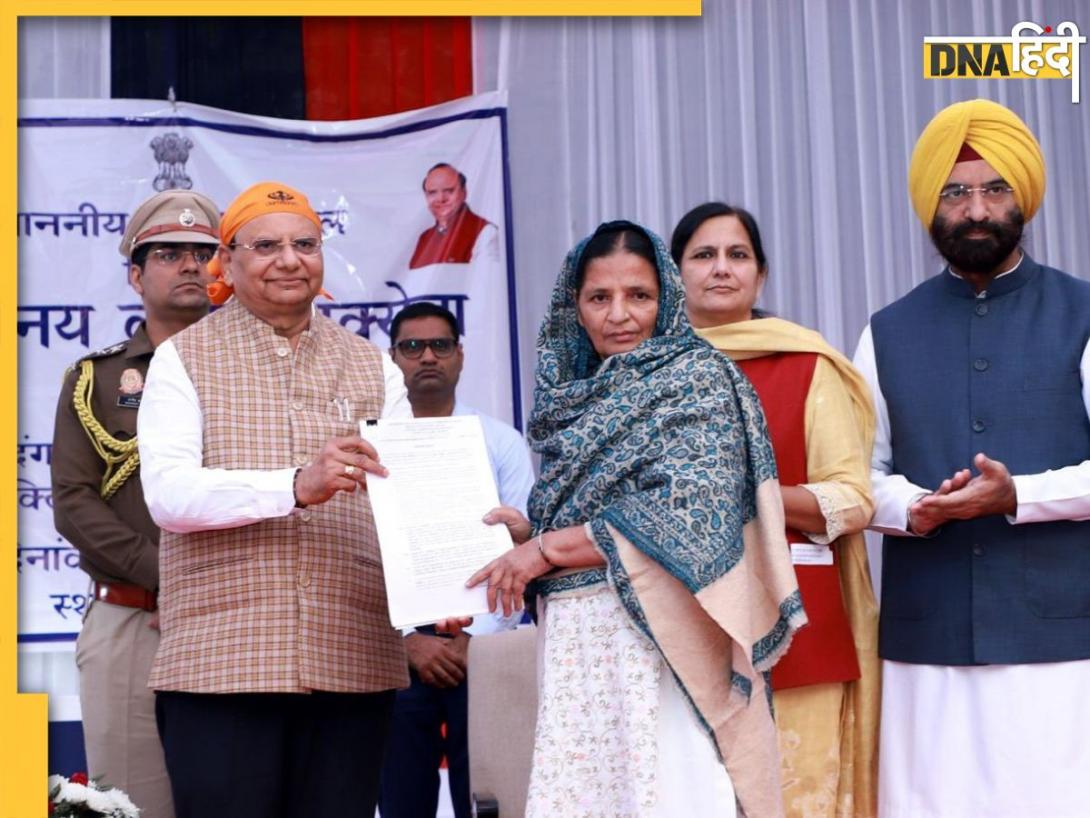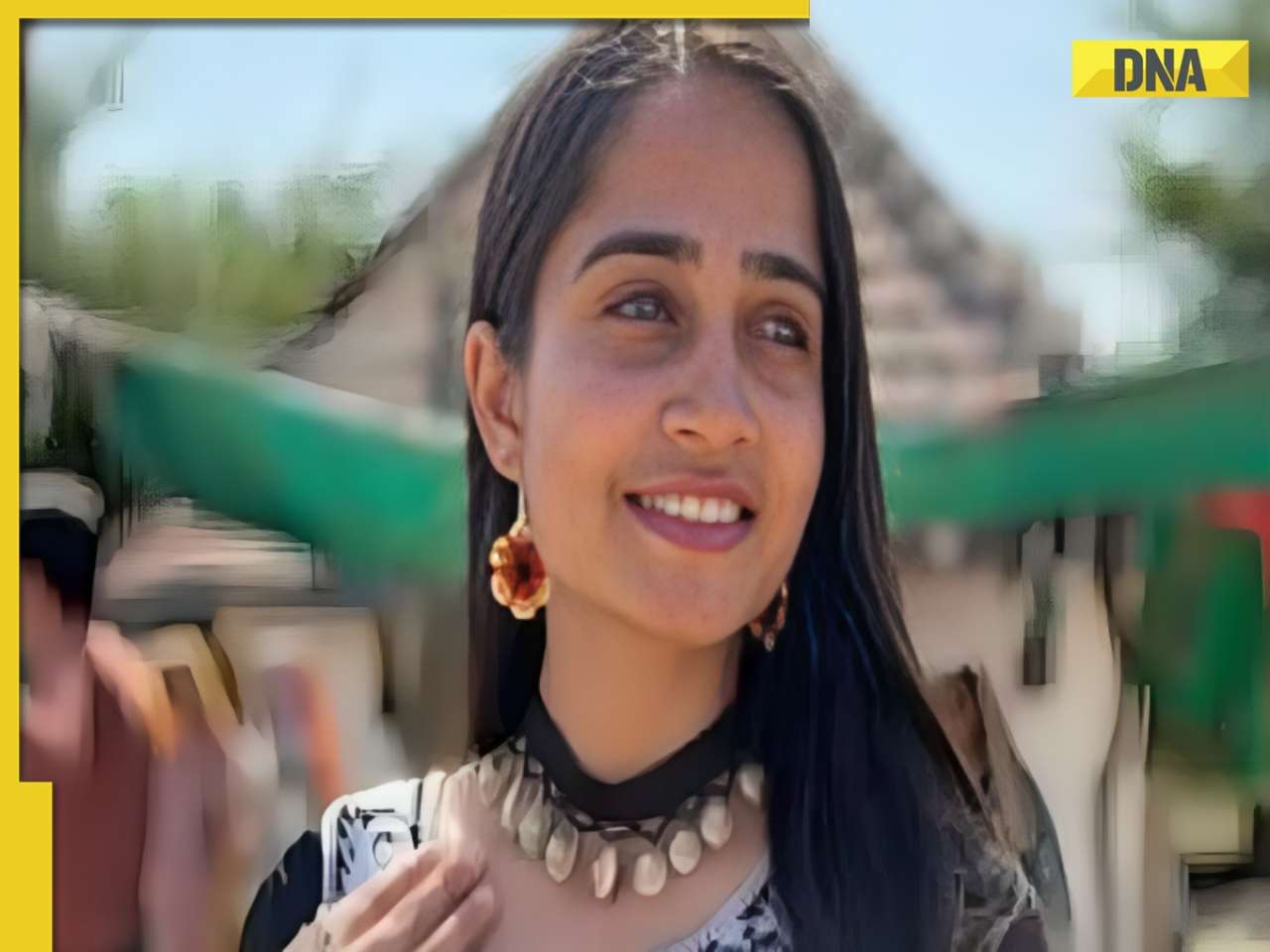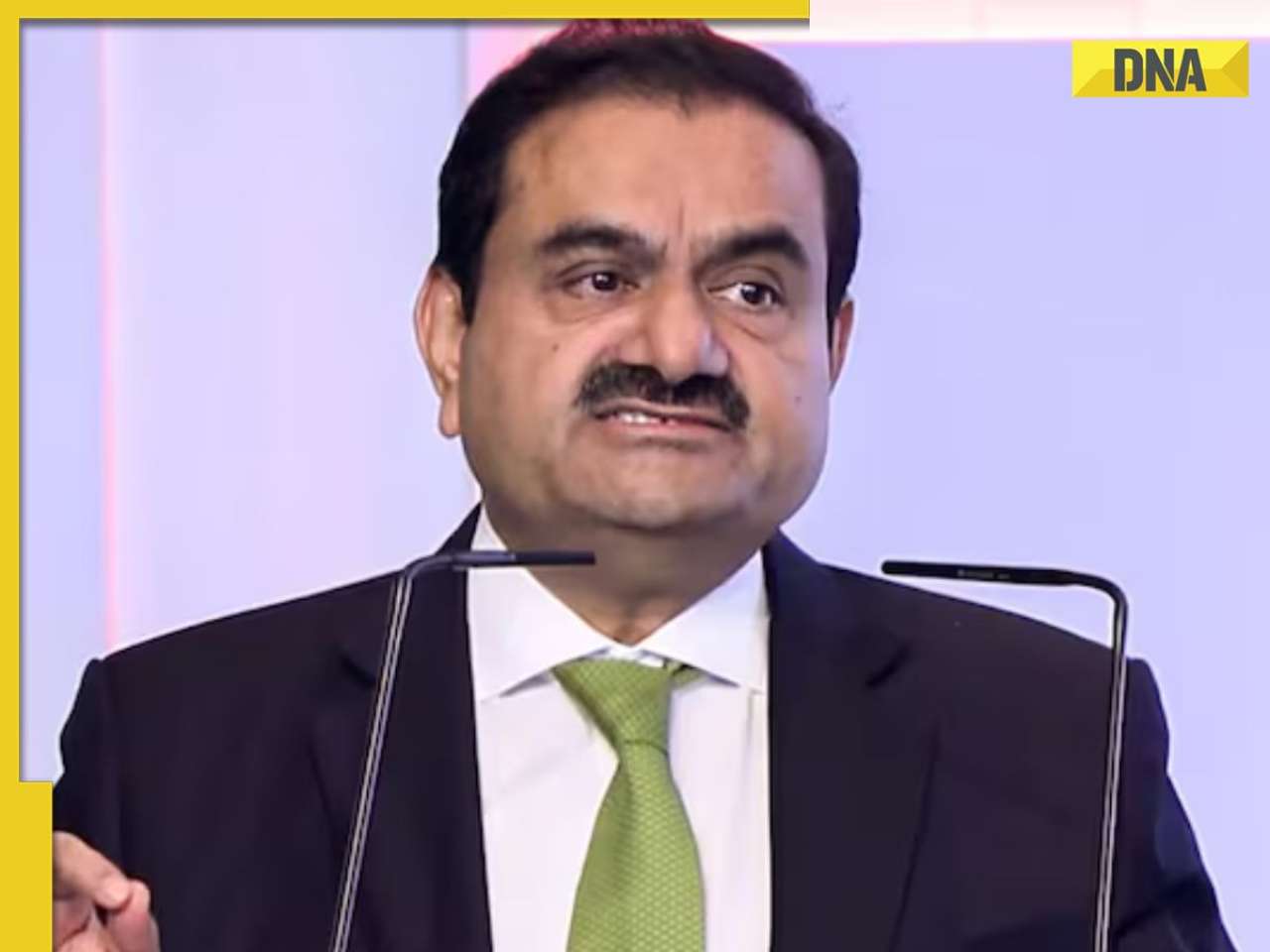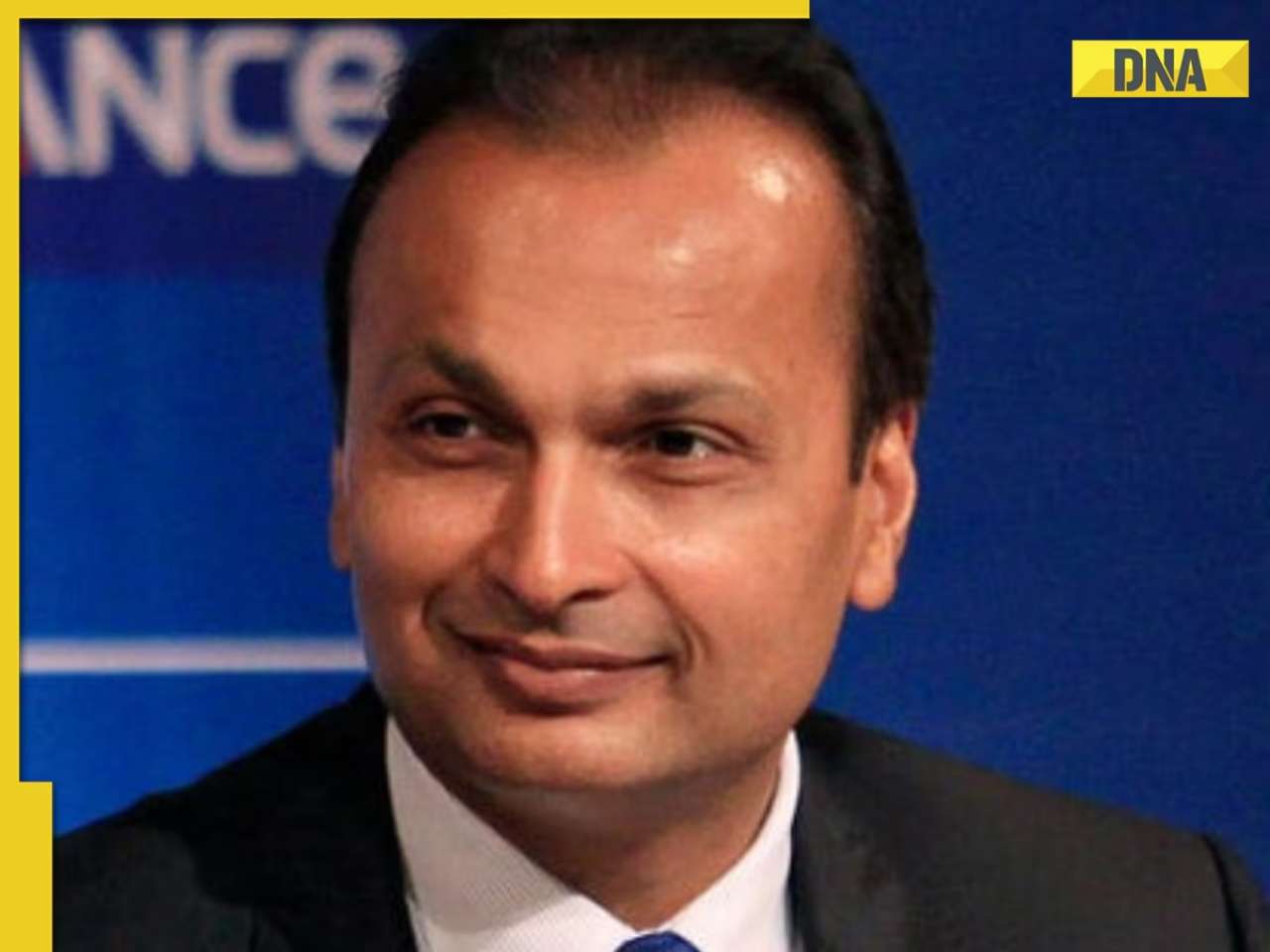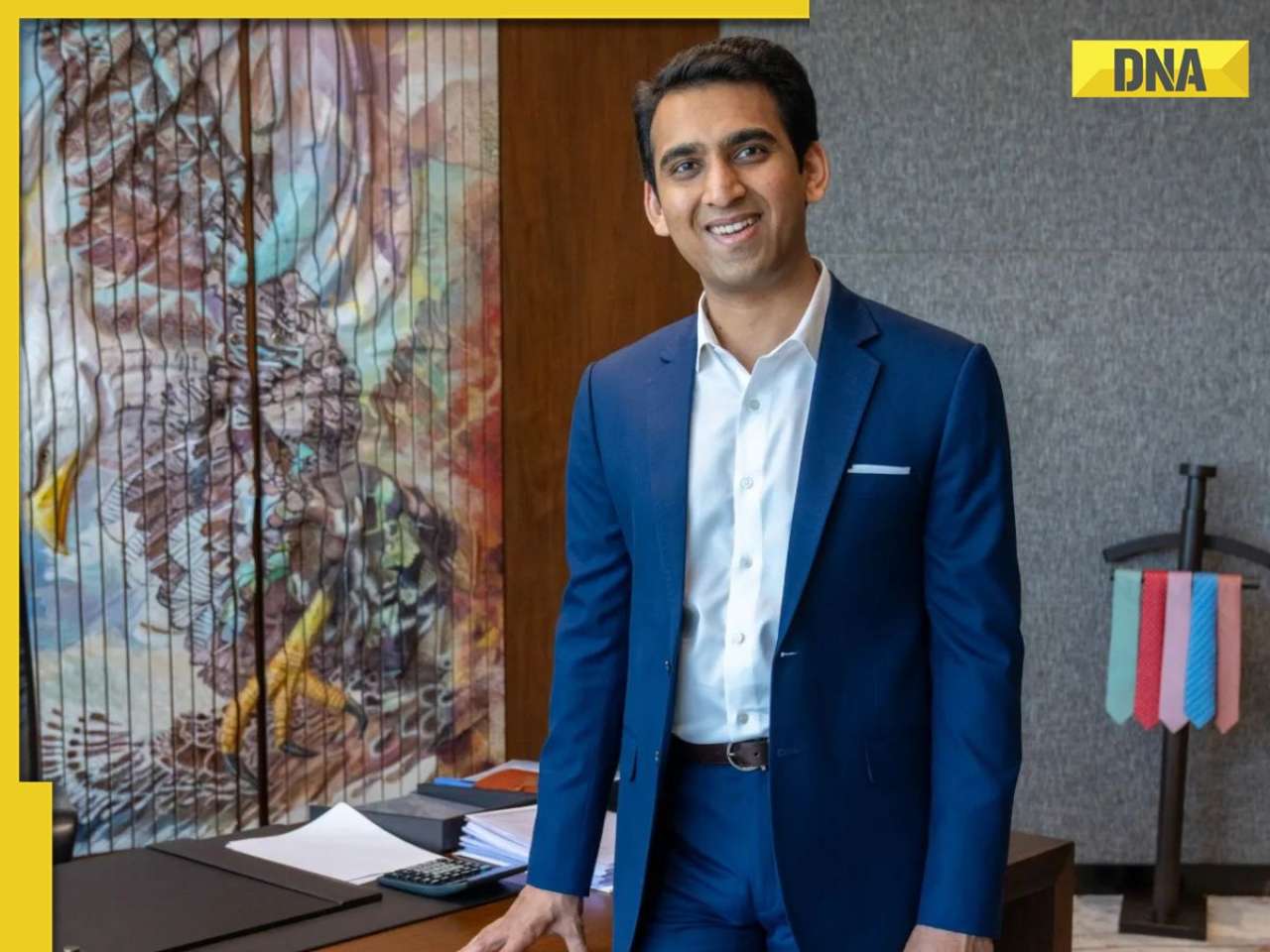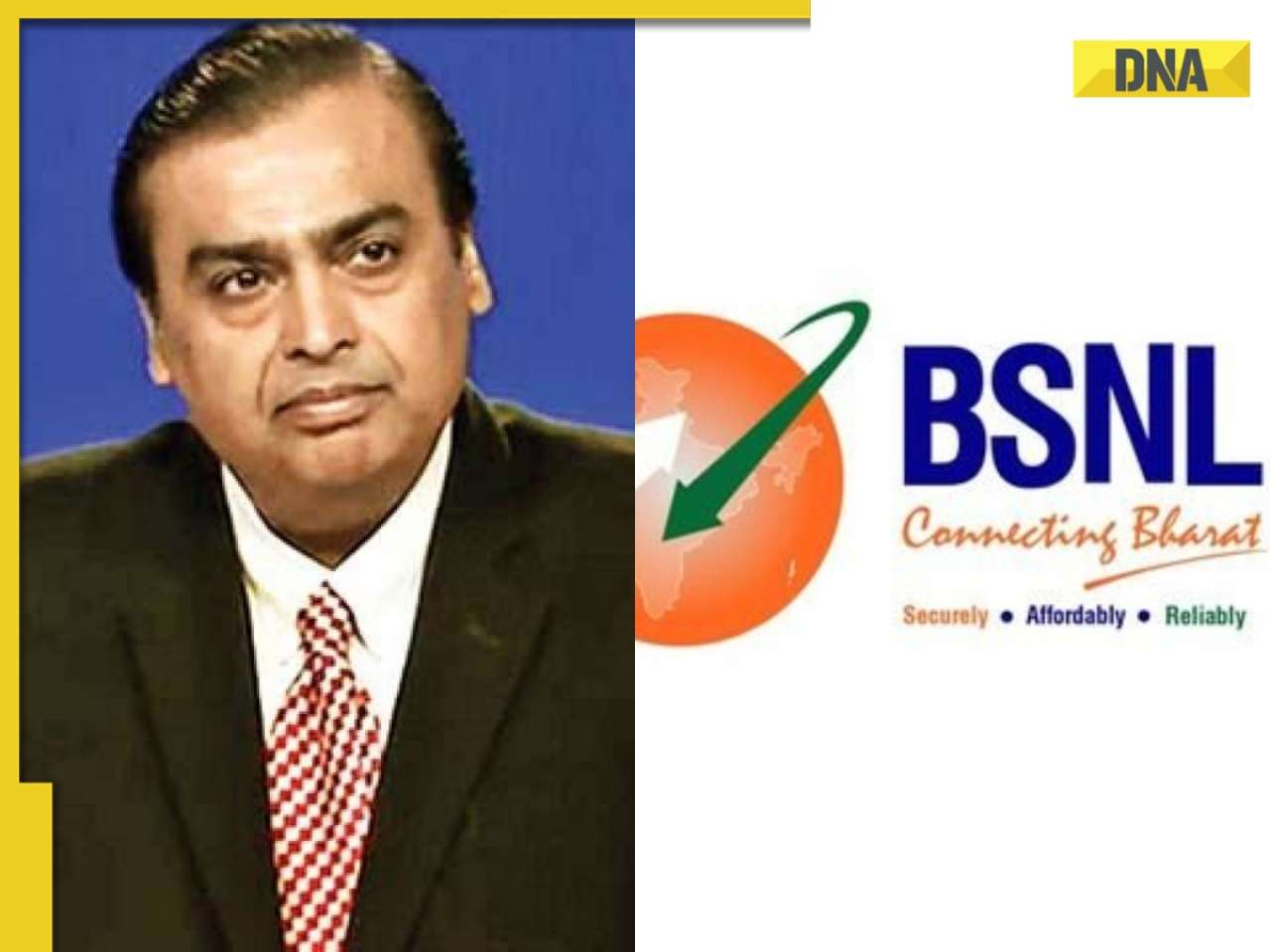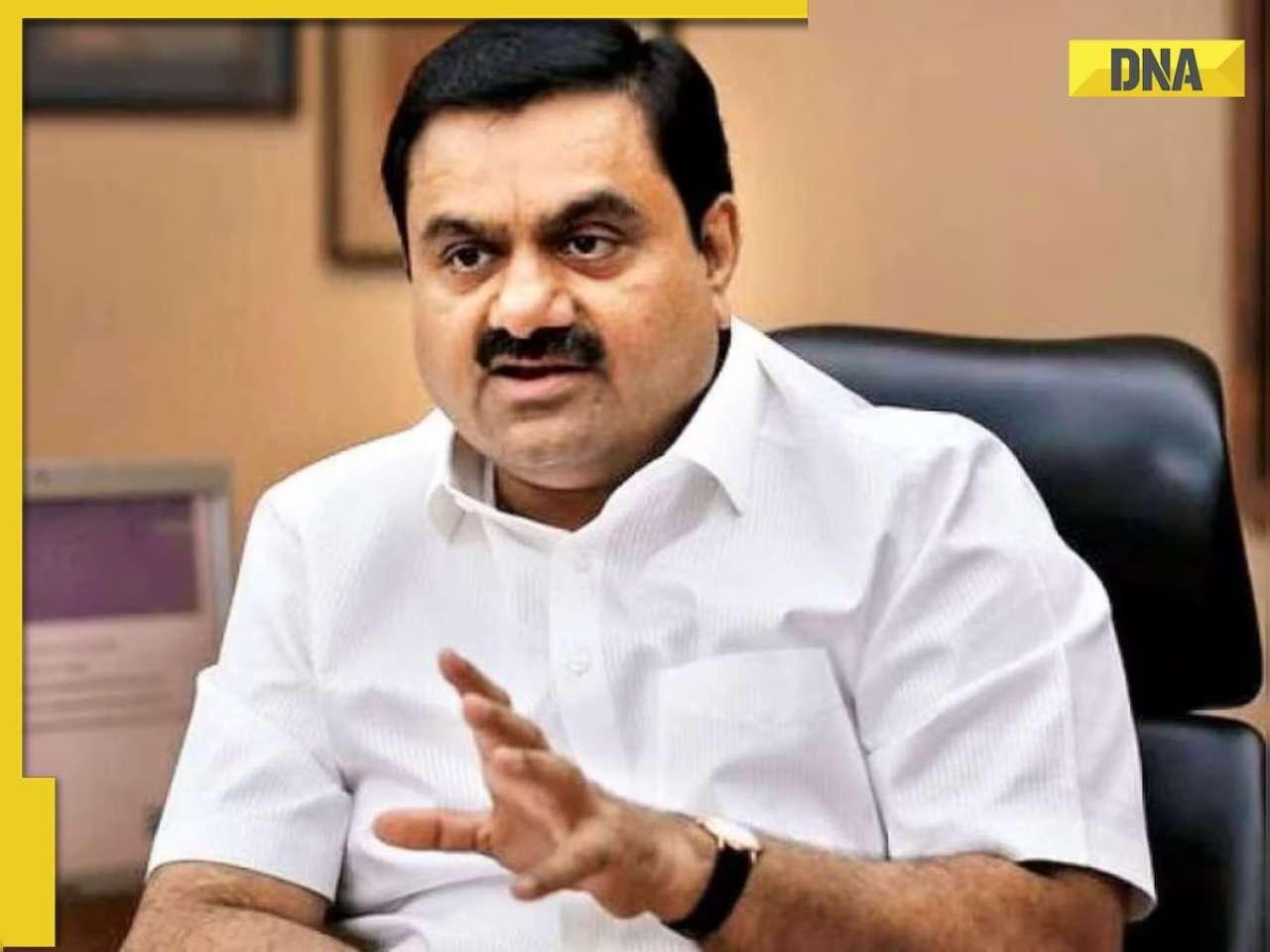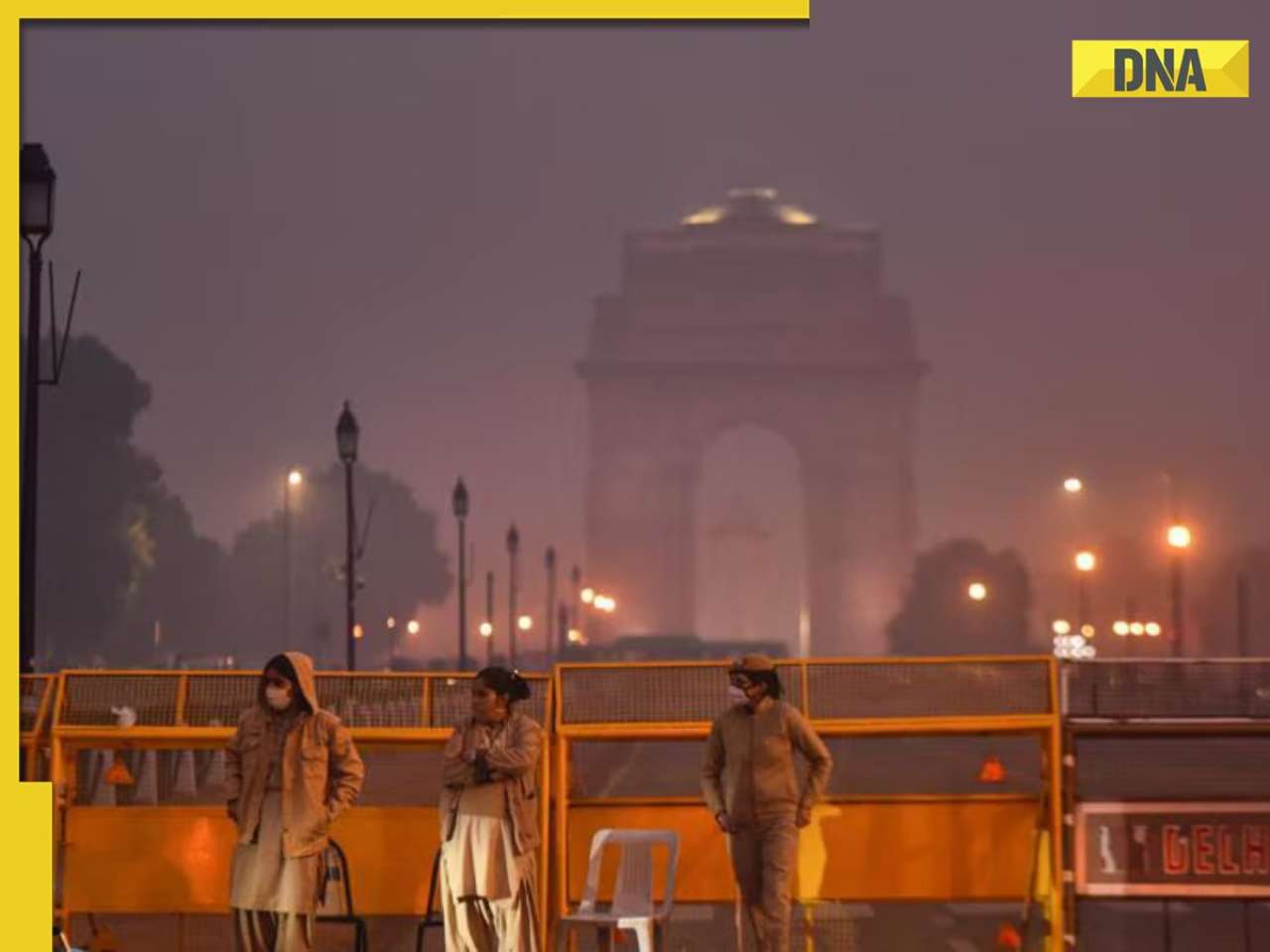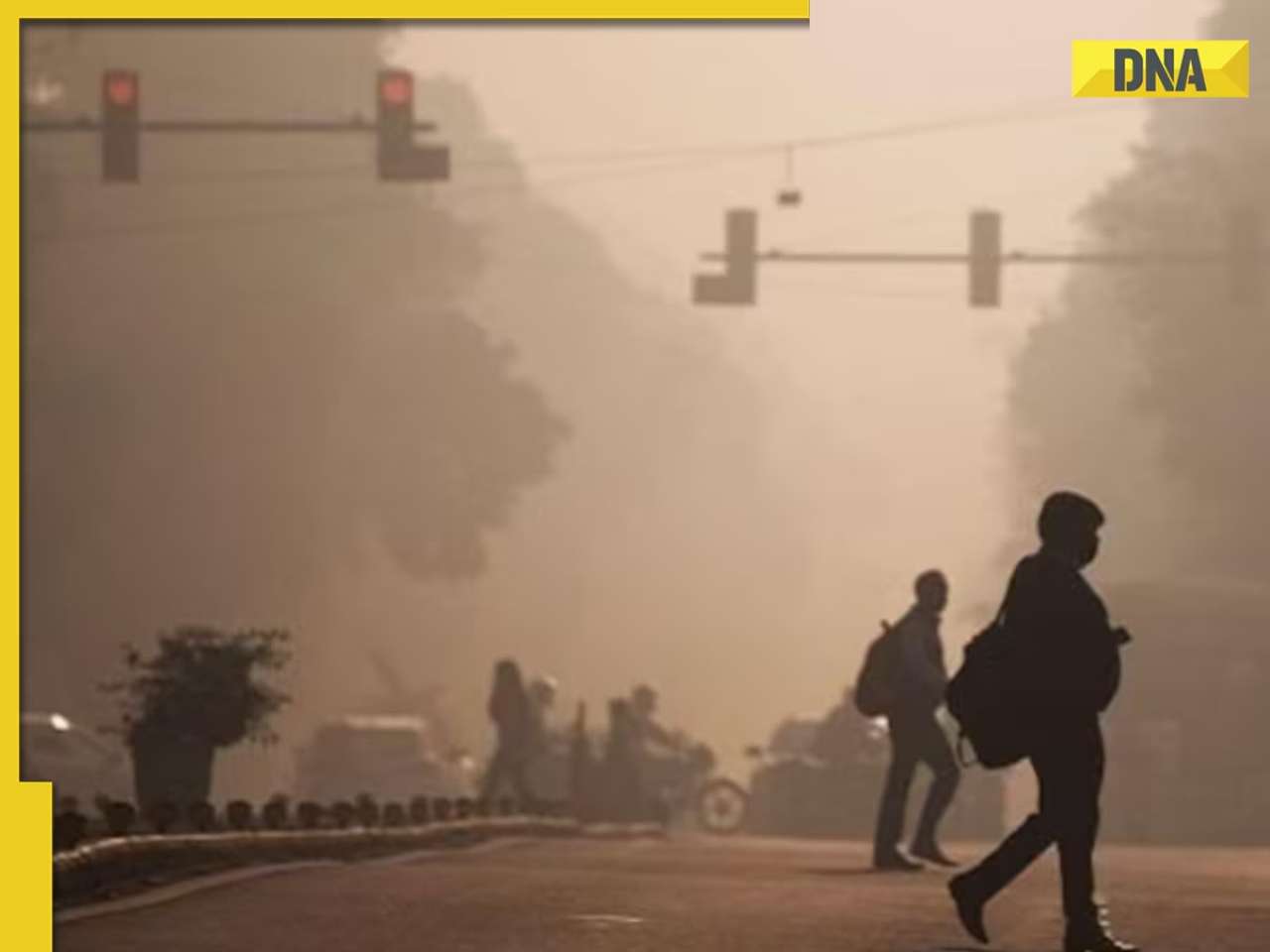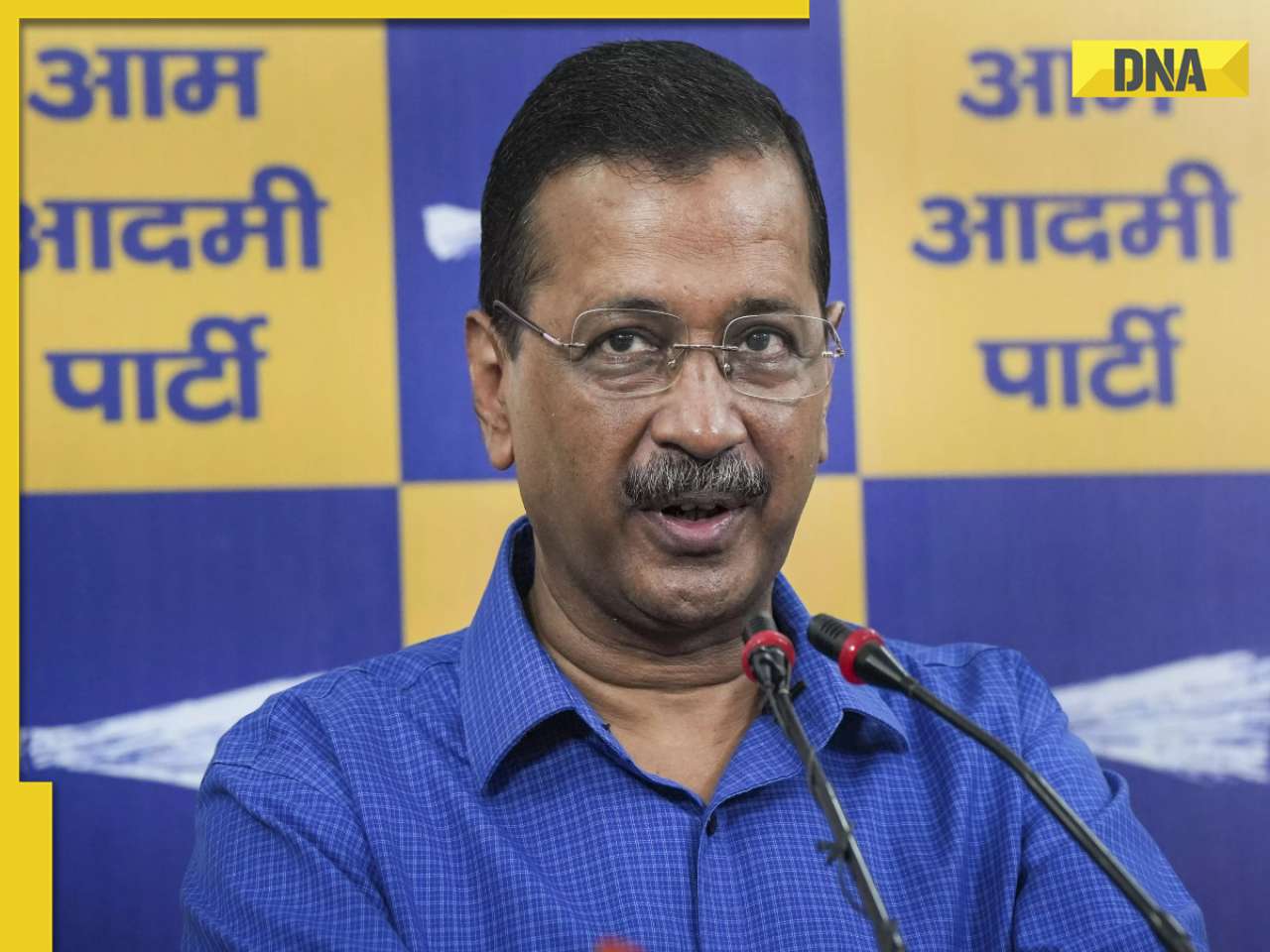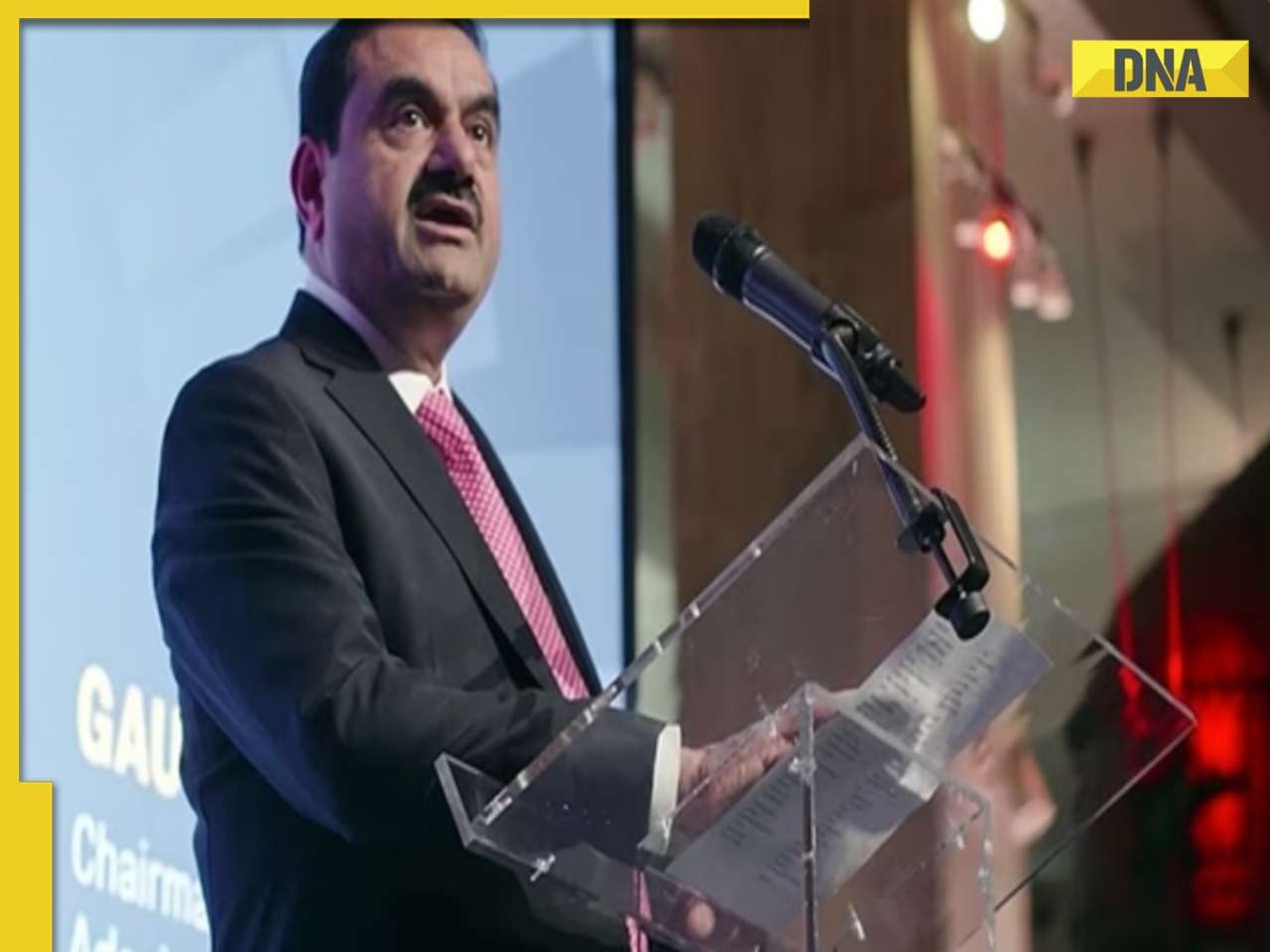- LATEST
- WEBSTORY
- TRENDING
TECHNOLOGY
Brewing the Future: How Kaapi Solutions is Revolutionizing India's Coffee Landscape with Innovation and Expertise
Kaapi Solutions aims to ride the wave of India’s booming specialty coffee culture. The brands it makes available to café entrepreneurs and other hospitality majors run the elite spectrum from Astoria and Ikawa to Hamilton Beach and Diedrich.
TRENDING NOW
Kaapi Solutions, a brand with a Pan-India presence, supplies the best imported coffee machines, to help you create a high-end coffee experience for your customers. It deals with top-tier global brands for automatic coffee and espresso machines, roasters, grinders, ice blenders, and even cleaning solutions along with barista tools and accessories. Kaapi Solutions aims to ride the wave of India’s booming specialty coffee culture. The brands it makes available to café entrepreneurs and other hospitality majors run the elite spectrum from Astoria and Ikawa to Hamilton Beach and Diedrich.
1.How do you see the coffee industry evolving in India, and what role do you believe Kaapi solutions will play in shaping its future?
The coffee industry in India has undergone a remarkable transformation over the past 25 years. Traditionally, India has been a tea-drinking nation, and more broadly, a milk-based beverage market. Historically, our preferences have centered around milk-infused drinks like tea, instant coffee, or South Indian filter coffee. However, in the last quarter-century, coffee has evolved into an integral part of Indian life, particularly among the youth and the growing upper-middle class. While there is still progress to be made, coffee has firmly established its presence in the Indian market.
Investors who entered the coffee business early on recognized the potential for this shift, knowing India was moving toward a youth-driven, upwardly mobile society. As a result, coffee has carved out its own niche and is steadily gaining ground, especially with the rise of specialty cafes that are replacing traditional coffee shops. The focus has shifted toward offering a superior quality of coffee, which requires innovation.
Technological advancements have played a key role in this shift. The basic coffee machines of 20 years ago have evolved into specialized equipment that allows skilled baristas, or "coffee chefs," to fully leverage the machine’s capabilities. They not only understand the nuances of the coffee itself but also the preferences of their customers. This evolution is not merely about the machines; it is about a deeper understanding of coffee culture.
India has always been predominantly a milk coffee market, and for a long time, the focus was on beverages like cappuccinos and lattes, which catered to this preference. Espresso was not as significant, and the industry did not invest heavily in it. However, in the past 10-12 years, particularly with the rise of the specialty coffee sector, the importance of high-quality machines, beans, and skilled craftsmanship has grown significantly. The demand for products like the Americano has increased, and even the preparation of cappuccinos has changed.
In the past, a commercial medium-dark roast and a single shot were sufficient for a good cappuccino. Today, specialty cafes and roasters recommend using a double shot, or even a double ristretto, typically around 40 ml. This shift in preparation methods, coffee presentation, and overall understanding of coffee indicates a profound change in the coffee landscape.
In conclusion, technology has become a critical factor in improving the coffee experience. Without advanced tools and equipment, it is impossible to enhance the product or meet the expectations of today’s informed coffee drinkers.
2. What inspired you to revolutionize the coffee industry, and what has been the most rewarding part of this journey so far?
When I first entered the coffee industry, I was a tea drinker, particularly fond of milk tea. In 2001, while I was in London, I noticed the coffee industry beginning to take shape in India, though it was still in its early stages. Despite my limited understanding of the industry at the time, I recognized that coffee, particularly a well-made cappuccino or black coffee, could be an incredibly addictive product.
In the early months of 2001, we began entering the coffee business, focusing on barista training and improving the quality of coffee. I worked for a brand that was the largest in the sector at the time. As I educated myself about coffee, I also took on the responsibility of training baristas and managers, teaching them what constitutes a good cup of coffee and the proper techniques for preparing it. Today, the coffee industry in India has garnered significant attention, with many in the F&B sector eager to invest in it. Coffee has emerged as one of the most rapidly growing products within the Indian food and beverage industry.
Coffee doesn't require the same level of specialized skills as a chef or bartender; rather, it demands passion and expertise to craft a quality cup. One of the most rewarding aspects of this journey has been witnessing the growth of baristas—seeing their passion, skill development, and increased salaries. They are no longer seen as mere operators of machines, but rather as professionals who deeply engage with their craft, continuously seeking to learn and improve.
The early barista culture, 20 years ago, was largely focused on latte art and creating decorative designs in coffee. Today’s baristas, however, are eager to expand their knowledge, particularly about black coffee, beans, and roasting techniques. Another gratifying aspect has been watching the Indian market embrace coffee, making it a staple in daily life. The price of a cappuccino has risen significantly, from 12 rupees at a tea stall to 36 rupees in a café, and today, consumers are willing to pay 200-250 rupees for a high-quality cappuccino without hesitation.
Furthermore, barista salaries have seen a significant increase, moving from 11,000-12,000 rupees to 20,000-22,000 rupees, with top-tier baristas earning upwards of 30,000-35,000 rupees. This recognition of skill within the industry reflects the growing appreciation for high-quality coffee among consumers. While we've made considerable progress, I believe we're only halfway there. The next 10-15 years promise to be an exciting period for the coffee industry, both in the B2B and D2C markets.
3. Coffee culture varies greatly around the world. What insights have you gained from global trends, and how are you adapting them to the Indian market?
Globally, the coffee market is not primarily oriented around milk-based beverages. In regions where coffee is consumed in its pure form, additives like milk are often seen as diluting the essence of the drink. Adding milk to a cappuccino, for instance, diminishes the core flavor of the coffee itself.
There are two significant trends globally that are now gaining traction in India. First, consumers are increasingly seeking the best-quality, often more expensive, beans, recognizing that a higher price generally reflects better quality. As this culture of appreciating premium coffee starts to take root in India, people are willing to pay for a high-quality coffee experience. Second, globally, coffee is typically consumed at a lower temperature than it is in India. In India, the prevailing mindset, particularly influenced by our traditional tea culture, is that coffee must be served very hot to be considered valuable. Tea, for instance, is traditionally brewed at very high temperatures, and this expectation has carried over into the coffee market, where many believe that coffee should be scalding hot to be deemed "proper." However, the optimal temperature for enjoying good coffee is around 62-63°C. At this temperature, the coffee retains its flavor profile, allowing the full sensory experience, from the aroma to the aftertaste, to be savored. Serving coffee at excessively high temperatures dulls the palate, making it difficult to appreciate the subtle nuances of the drink.
While globally, the appreciation for good coffee is growing and the temperature issue is becoming more recognized, India continues to struggle with the cultural expectation of hot coffee. This preference is especially strong in the southern regions, where filter coffee is traditionally served very hot. Although there are a few well-traveled individuals who understand that coffee should not exceed 62 degrees, they remain a small niche audience.
From a technological standpoint, India is learning and adapting from international trends. As Indian coffee culture becomes more globalized, we are adopting premium coffee machines that offer more flexibility for baristas to fine-tune their products. This shift has been particularly evident in the quick-service restaurant (QSR) sector, where two-step machines are becoming increasingly popular. These machines allow for a high-quality cappuccino with intricate designs and excellent espresso without requiring the full expertise of a barista at every step. While this technology is currently more common in the QSR sector than in specialty coffee outlets, it offers consistency and efficiency, making it an attractive option for larger, high-volume establishments.
In summary, India is learning a great deal from international markets, both in terms of recognizing the importance of coffee quality and the technologies that facilitate better coffee preparation. This exchange of knowledge will continue to shape the future of coffee in India.
4. How do you think technology is transforming the coffee industry in India, and what cutting-edge solutions are you introducing to stay ahead of the curve?
In India, there are broadly four methods of brewing coffee today. The first is the manual brewing process, which does not require any machines. Instead, it relies on home gadgets that use hot water to brew the coffee. While no electronic devices are needed, it is essential to have precise control over factors like the grind size, which must be neither too fine nor too coarse, the water-to-coffee ratio, and the technique for pouring the water. This method demands skill, but not advanced technology. It also requires a deep knowledge of coffee, and in this process, adding milk to the coffee is considered inappropriate.
The second method is Italian-style coffee, typically made using fully automatic machines. These machines are commonly found in hotels and corporate settings, where the consumer simply places a cup, presses a button, and receives their coffee. These machines vary in quality depending on their origin, with options available from China, Italy, Switzerland, Germany, and other countries. Consumers should choose the machine based on the quality they expect, as machines from different parts of the world will inherently offer different performance levels.
The third method involves semi-automatic or traditional Italian machines. In Italy, you will rarely find coffee made from fully automatic machines; instead, a barista is always involved in the preparation. These traditional machines, which can be single, dual, or multi-boiler, offer varying degrees of control over brewing. I believe multi-boiler systems represent the future, as they ensure consistent water temperature—a crucial factor for making high-quality espresso. In India, where milk steaming is common, multi-boiler systems prevent fluctuations in espresso temperature when milk is steamed, ensuring consistent quality.
The fourth method is the dual-step technology, which is becoming increasingly popular. This system allows for the easy preparation of coffee with the touch of a button—offering well-formed milk for flat whites, lattes, and cappuccinos, and quality espresso as well. The barista only needs to complete the final steps, like pouring the milk and assembling the drink. While this technology is currently more expensive, it offers significant convenience and consistency, making it a promising development for the future. However, its success depends on having well-trained baristas, and in India, the challenge lies in the limited availability of barista schools to attract and train young talent.
At Kaapi Solutions, we offer a range of technological methods for brewing coffee, catering to both the home market and commercial businesses.
5. What innovations are you most excited about in the coffee equipment space, and how do you see them impacting the industry's future?
I would categorize this question into two segments: the home segment and the commercial segment. In the home segment, we see continuous innovation every day. The focus is on creating methods and technologies that enable consumers to brew a better cup of coffee—one that is more flavorful and aromatic. This is particularly relevant for those who appreciate high-quality black coffee. Globally, innovations in home coffee brewing are constantly emerging, though not all are available in India. However, there is considerable creativity and innovation happening in this space.
On the commercial side, for establishments such as cafes, hotels, bakeries, bars, co-working spaces, and specialty cafes, the focus is on selecting equipment and methods that align with their business model and specific needs. In this segment, we are relatively well-developed. While new innovations will undoubtedly emerge, it is important to recognize that India’s per capita coffee consumption is still quite low. Therefore, extremely expensive innovations, such as those priced over 20 lakhs or even 15 lakhs, may not be as popular or feasible in the Indian market.
As a result, there is a need to develop more effective and affordable coffee-making solutions that suit the unique requirements of the Indian market, both in terms of technology and cost. At present, we have a wide range of solutions available, but the future will likely involve focusing on making the barista’s job easier and ensuring that they can consistently deliver high-quality coffee throughout the day, every day of the year.
Consistency in coffee quality is often a challenge. A barista’s mood or short breaks should not affect the quality of the coffee they serve. For example, if one barista steps away for a break, another barista should be able to step in and maintain the same standard of coffee during that brief period. This level of consistency is currently lacking in many coffee establishments, and I believe technology has the potential to bridge this gap, ensuring a more reliable and consistent product.
6. As the specialty coffee culture continues to boom in India, what strategies are you implementing to support and elevate this growth?
I believe the growers are doing an excellent job, and each year, we continue to explore new plantations to source high-quality coffee. We work to connect these plantations with roasters across India, fostering a network of micro-roasters. This is crucial because the roles of growers, roasters, and cafes are interdependent, and the integration of these three is key to creating a thriving coffee ecosystem.
If I were to open a specialty café, the first and most important factor I would consider is sourcing good coffee. Just as you can't make a great biryani without quality rice, a good cup of coffee starts with high-quality beans. These beans must come from skilled roasters who have a deep understanding of how to roast specialty coffee and select beans that can be defined as specialty-grade. This process helps to establish a seamless link between growers and roasters, ensuring the availability of high-quality coffee that can be brewed correctly to achieve the desired flavor profile.
In this ecosystem, technology, training, and ingredients all play a crucial role. When speaking with a potential investor interested in opening a specialty coffee shop, I don’t immediately ask about the machines they want to buy. Instead, I ask about their target audience and whether they’ve finalized their coffee beans. We don’t sell coffee beans ourselves, but we want to ensure that our customers, who purchase quality technology from us, can also source good specialty coffee to pair with that technology. For those interested in roasting their own beans, the micro-roastery concept is growing rapidly in India. Setting up a successful micro-roastery requires not only good specialty beans but also expertise in roasting.
To support this, we offer our customers the necessary knowledge to operate a micro-roastery. We conduct a three-day training session, where we teach them how to roast, blend, and cup coffee, helping them understand how to achieve the right flavor profile. This training, combined with the right technology and sourcing of quality beans, allows us to offer a comprehensive, 360-degree solution to our customers, closing all the gaps in their coffee business.
7. How do you balance the demand for high-quality coffee experiences with the need for sustainability and eco-friendliness in the industry?
I believe that eco-friendliness is an emerging trend in India. Currently, we have access to certified coffees, such as those from the Rainforest Alliance; however, their availability is limited due to insufficient demand from buyers. As the demand for sustainable and eco-friendly coffee increases, more growers are likely to pursue certification for their products. We possess the entire ecosystem necessary to support this transition.
In the technology sector, we offer advanced equipment, such as a multi-boiler machine that has received a green certification from an Italian body. This machine can reduce energy consumption by 35 to 38% daily due to its multi-boiler technology, where each group operates with its own boiler and the steam is generated by a separate boiler. The machine can also enter sleep mode when not in full use, minimizing power consumption while maintaining the necessary temperature.
However, in India, there is a general lack of education and inclination towards utilizing such technologies. While we do have these solutions available, they are not being adopted at the scale that is necessary. Customers do not frequently request this type of technology, resulting in a slow pace of progress in this area. It is imperative that we foster growth in this sector.
8. What does the future hold for coffee innovation in India, and how do you see your company contributing to this evolution?
The next 5 to 15 years hold tremendous potential for the coffee industry in India. We are witnessing a significant shift from tea to coffee, and with India on track to become a developed nation by 2047, coffee is likely to become an even more popular beverage. In many countries that have transitioned from developing to developed economies, coffee has been a key part of the cultural shift, suggesting that coffee consumption may be indirectly linked to the country’s economic development. While this connection is not entirely clear, it is evident in the patterns observed globally.
India is poised for significant growth in coffee consumption, and as one of the leaders in the technology space, Kaapi Solutions is committed to offering not just equipment but comprehensive expertise. Rather than just providing consultancy, we equip our clients with the knowledge needed to successfully launch and operate their coffee businesses. Our role goes beyond offering technology; we help bridge gaps, connect them with the right industry partners, and ensure they have the necessary training, including for baristas, to ensure their success. This holistic approach also includes advising on the right products and technology, sometimes even helping businesses redefine their models to better suit the market.
India is a unique market for coffee, both easy and challenging. While it offers great opportunities, the expectations of Indian consumers differ significantly from those in markets like Europe or the US. For example, coffee in India is not typically consumed as a breakfast beverage, and we do not have a culture of stopping by coffee shops early in the morning or utilizing drive-thru services. Coffee shops usually open around 9 or 9:30 AM, in contrast to countries like Australia, where a significant portion of business is done by mid-morning.
In India, the adaptation to local consumer habits is crucial for entrepreneurs and investors entering the coffee business. Factors such as food pairing, real estate costs (especially in high-rent areas like Delhi, Mumbai, and Bangalore), and a sustainable business model are essential for success. A well-executed coffee shop model can lead to rapid growth, and success with one outlet can quickly scale to many more.
At Kaapi Solutions, we play a pivotal role in supporting both international chains and Indian entrepreneurs who are opening more coffee shops. Our expertise helps them navigate these challenges and build sustainable, profitable coffee businesses. Additionally, we work closely with standalone cafes, helping them establish and grow in a competitive market.
9.How do you collaborate with hospitality majors and entrepreneurs to create unique coffee experiences, and what expertise do you bring to the table?
We collaborate with our clients based on their specific needs. For smaller businesses, we often tailor our approach according to our understanding of their requirements. This includes providing the appropriate technology suited to their business model, selecting the right products, and advising on competitive pricing for their target consumer. Every entrepreneur, hotel, restaurant, and business has unique requirements regarding the type of coffee they wish to offer. For example, in India, we see a range of businesses—from New York-style pizzerias to Italian pizzerias and bakeries—each with its own model and expectations.
In some cases, businesses may not want to invest in a full barista program. In such instances, we advise that having a skilled barista on staff is often more beneficial than relying on an automatic machine, as automated machines may not adequately reflect the quality of the product being served, particularly in settings like bakeries where consumers expect high-quality coffee.
We work closely with our customers, including hospitality giants, to ensure they understand what will best serve their needs in terms of both quality and convenience. Our guidance spans the entire coffee journey, from bean sourcing to serving the final product, ensuring that all aspects of the coffee solution align with their business objectives. We also provide significant consultancy services, working directly with investors and hospitality businesses to ensure they make informed decisions that support their long-term success.
10. What advice would you give to entrepreneurs looking to make a mark in the coffee industry, and how can they stay ahead of the competition?
In the coffee industry, it is essential to avoid approaching the business with the sole focus of building a brand based on financial metrics alone. The successful coffee brands, whether globally or in India, have grown through extensive learning and adaptation. Therefore, it is important to be patient, thoroughly understand your target consumer, and plan your business accordingly. A clear and well-defined business model is crucial from the outset. Many investors in the coffee industry often adjust their business models after a year or two of experience.
I strongly advise that before investing in a coffee business, thorough research is essential. Entrepreneurs should gain deep insights from the market, aim to develop a disruptive yet sustainable model, and focus on creating a brand that is driven by consumer needs, not just investor interests. Although there is ample funding available for coffee businesses, with many venture capitalists and private equity firms seeking investment opportunities, they, too, are looking for sustainable models with growth potential. Therefore, it is crucial to build a business model that prioritizes the consumer experience rather than merely catering to investors. This approach will ensure long-term success in the industry.

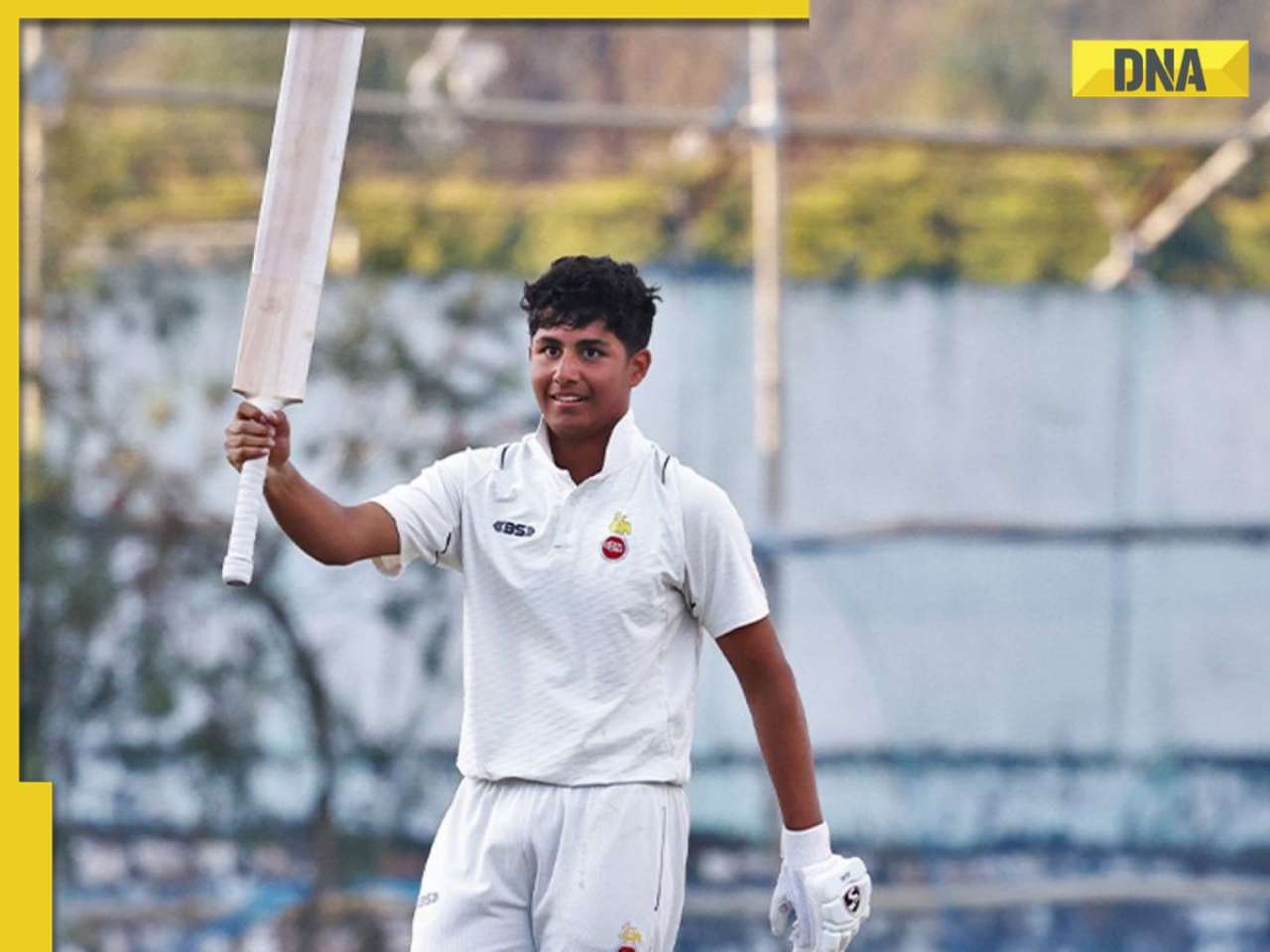





)
)
)
)
)
)
)
)
)
)
)
)
)
)
)
)





